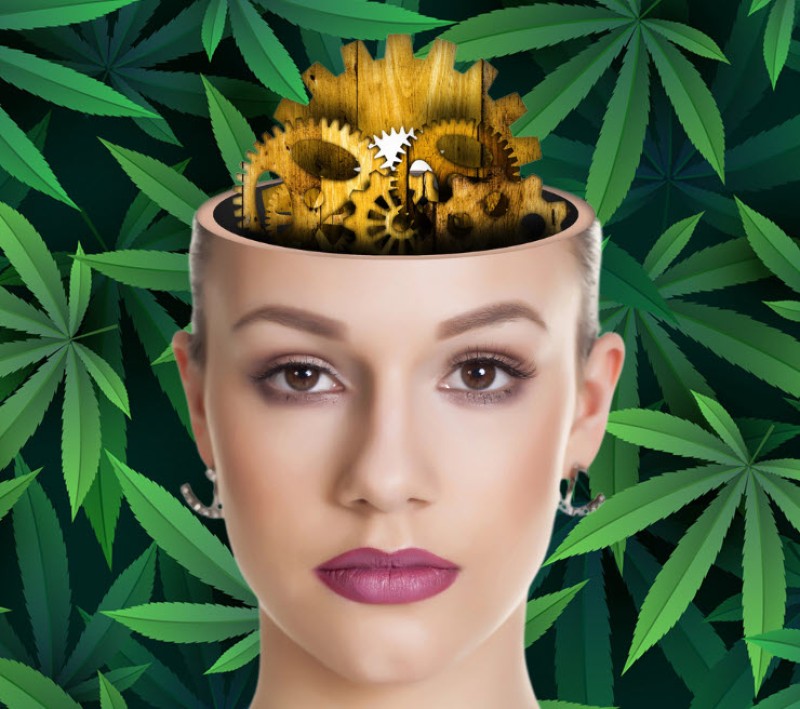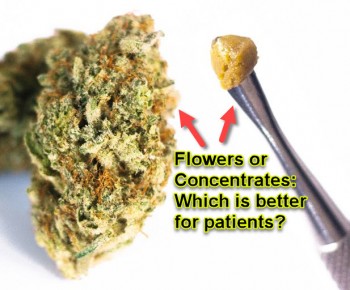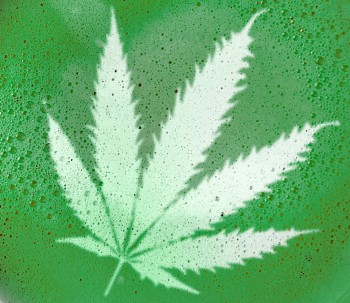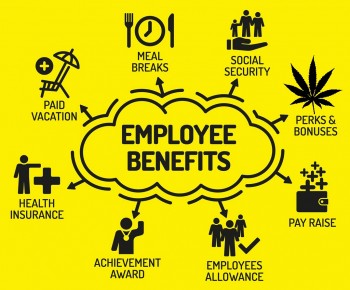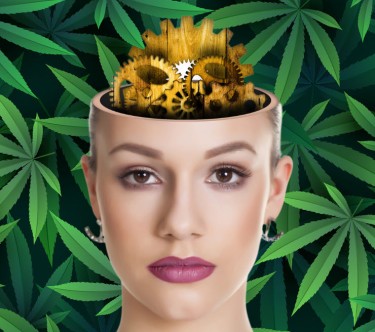
Aphantasia and Cannabis – A potential Cure?
Close your eyes and picture a vibrant red apple. For most people, this is a simple task, but for those with aphantasia, it's an impossible feat. No matter how hard they try, they cannot conjure up a mental image. This is the reality for those living with aphantasia, a condition characterized by the inability to visualize within the mind's eye.
Aphantasia can have a profound impact on an individual's life. Many people rely on their mind's eye for creativity, memory, and even decision-making. Without this ability, tasks that others take for granted can become challenging. For example, an architect with aphantasia may struggle to visualize a building before it's constructed, or a novelist may find it difficult to describe their characters' appearances.
However, a glimmer of hope has emerged from an unlikely source: cannabis. Some individuals with aphantasia have reported that after smoking or consuming cannabis, they suddenly gain the ability to visualize. This anecdotal evidence raises an intriguing question: could cannabis be a potential treatment for aphantasia?
In this article, we'll dive into the experiences of various individuals who have used cannabis to combat their aphantasia. By examining their personal accounts, we aim to shed light on the potential merits of using cannabis as a tool to unlock the mind's eye. While scientific research on this topic is limited, these anecdotes suggest that there may be a connection worth exploring further.
Join us as we embark on a journey into the world of aphantasia and discover how cannabis might hold the key to helping those with this condition experience the joys of visualization for the first time. Through the power of personal stories, we'll paint a picture of the potential that lies within this fascinating intersection of mental imagery and medicinal cannabis.
Once Upon a Reddit Post
In a recent Reddit thread, users with aphantasia shared their experiences using cannabis and how it affected their ability to visualize. The original poster, xx_elysium_xx, kicked off the discussion by sharing their own experience: "When I get really high, I can start to verrrrry faintly picture things in my brain. Like, super short, almost faded pictures of whatever I'm thinking of. I've only ever experienced this on cannabis, and no other drug with psychoactive effects."
This sentiment was echoed by several other users. SybariticDelight commented, "I've just started taking THC gummies at bedtime and I'm now seeing short bursts of images just before sleep. I have no control over them, and often I see cats, but it's awesome to see anything at all." Another user, Cordeceps, added, "I can't visualise on command but I get so sometimes get 'washed out' images and especially if I am high. I can even visualise what I want sometimes but it's never a clear picture, more like a double exposure photo."
These personal accounts suggest that cannabis may indeed have the potential to stimulate the brain regions responsible for visualization in individuals with aphantasia. While research on the exact causes of aphantasia is still limited, some theories propose that it may be related to differences in brain connectivity or activity in the visual cortex.
Cannabis, with its ability to interact with the body's endocannabinoid system, could potentially help bridge these neurological gaps. The endocannabinoid system is known to play a role in various cognitive processes, including memory, attention, and perception. By modulating this system, cannabis might help facilitate communication between different brain regions, allowing for the generation of mental images.
However, it's important to note that the effects of cannabis on aphantasia appear to be highly individualized. While some users report vivid visualizations, others, like Ok_yougotmee, found that "drugs barely affect me and I'm not sure if this has anything to do with Alexithymia. (I'm a total aphant with no inner monologue but I also have alexithymia)."
Despite these variations in experience, the anecdotal evidence presented in this Reddit thread offers a tantalizing glimpse into the potential of cannabis as a tool for managing aphantasia. As IcyConcept1271 shared, "The only time my wife says she has ever seen a picture in her mind is when we tried DMT."
While more research is needed to fully understand the relationship between cannabis and aphantasia, these personal stories highlight the importance of exploring alternative approaches to treating this condition. As we continue to unravel the mysteries of the mind's eye, cannabis may prove to be a valuable ally in helping those with aphantasia experience the world in a new light.
What is Aphantasia exactly?
Aphantasia is a condition characterized by the inability to voluntarily create mental images in one's mind. While most people can easily conjure up vivid pictures in their imagination, those with aphantasia draw a blank when attempting to do so. This phenomenon was first described in the late 19th century by Francis Galton, a British psychologist and statistician, who noticed that some individuals couldn't form mental images.
Despite this early recognition, aphantasia remained largely unexplored until 2015, when the term was coined by Adam Zeman, a professor of cognitive and behavioral neurology at the University of Exeter. Since then, interest in the condition has grown, with more people coming forward to share their experiences and researchers working to uncover its underlying causes.
The exact prevalence of aphantasia is still unknown, but estimates suggest that it may affect up to 2-3% of the population. However, this number could be higher, as many individuals with aphantasia may not realize that their experience differs from the norm. Some people with aphantasia report never having been able to create mental images, while others lose this ability later in life, sometimes due to brain injury or psychological trauma.
Aphantasia can have a significant impact on various aspects of life. It can affect memory, as many people rely on mental imagery to recall past events or information. It may also influence creativity, with some individuals with aphantasia reporting difficulty in tasks that require visualization, such as art or design. However, it's important to note that aphantasia doesn't necessarily hinder intelligence or overall cognitive function.
Modern treatment options for aphantasia are still limited, as the condition is relatively newly recognized and understudied. Some researchers have suggested that techniques used to treat other mental health conditions, such as cognitive-behavioral therapy or mindfulness meditation, may be helpful for individuals with aphantasia who struggle with related challenges like memory or creativity.
In recent years, there has been growing interest in the potential of psychedelics, such as LSD and psilocybin, to help individuals with aphantasia. These substances have been shown to increase neural connectivity and promote neuroplasticity, which could potentially help "rewire" the brain to enable mental imagery. However, more research is needed to fully understand the safety and efficacy of these approaches.
As awareness of aphantasia continues to grow, so too does the hope for effective treatments and support for those living with this condition.
By sharing their stories and participating in research, individuals with aphantasia are helping to paint a clearer picture of this fascinating aspect of human cognition, paving the way for a deeper understanding of the mind's eye and its role in our lives.
The Sticky Bottom Line
As someone who doesn't experience aphantasia firsthand, it can be challenging to fully grasp the impact of this condition on daily life. However, by listening to the stories and experiences shared by those with aphantasia, we can begin to understand the frustration and limitations it can impose.
Imagine attending a guided meditation session where you're encouraged to visualize a peaceful scene, only to find yourself staring into an endless void. Or picture the disappointment of trying to conjure up the face of a loved one, but finding no image appears in your mind's eye.
While aphantasia doesn't necessarily hinder overall cognitive function, it can certainly present obstacles in situations that rely heavily on mental imagery.
This is where the potential of cannabis as a treatment option becomes particularly intriguing. As we've seen from the anecdotal evidence shared on Reddit and other platforms, some individuals with aphantasia have found that cannabis use allows them to access visual experiences they've never had before.
Although these visualizations may be fleeting or disjointed, they nonetheless represent a significant breakthrough for those who have spent their lives in a world without mental images. The fact that cannabis has the potential to forge new connections in the brain and enable these experiences, even temporarily, is a testament to its therapeutic potential.
Given the limited treatment options currently available for aphantasia, it's crucial that we explore all avenues for improving the lives of those with this condition. If cannabis can provide a means of accessing the mind's eye, even in brief glimpses, then it should absolutely be considered as part of the toolkit for managing aphantasia.
Of course, more research is needed to fully understand the mechanisms behind cannabis' effects on aphantasia and to develop safe and effective treatment protocols. But the stories shared by brave individuals on platforms like Reddit serve as a powerful reminder of the transformative potential of this plant medicine.
As we continue to destigmatize both aphantasia and cannabis use, we open the door to new possibilities for understanding and treating this condition. By listening to the experiences of those with aphantasia and advocating for further research into the therapeutic applications of cannabis, we can help create a world where the mind's eye is accessible to all, one vivid image at a time.

